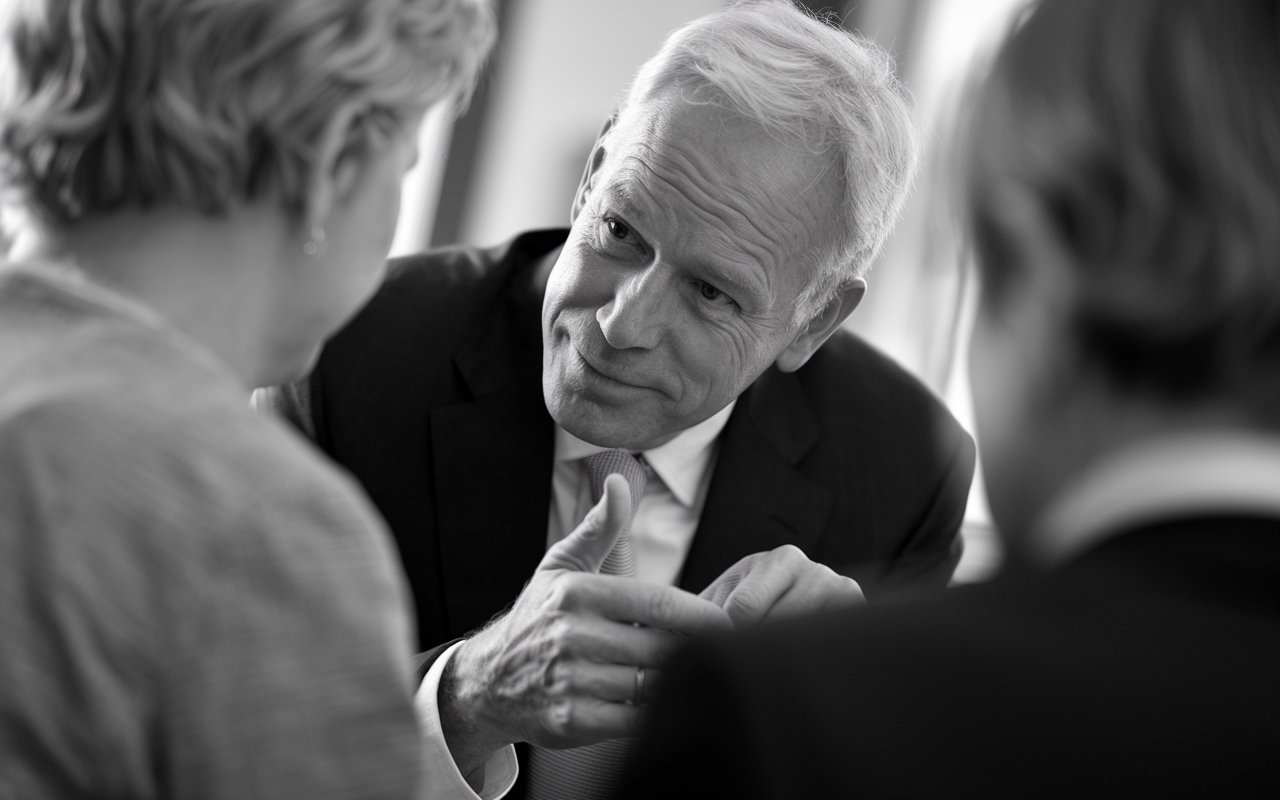One of the simplest and most overlooked truths about human nature is that people love talking about themselves. As Dale Carnegie wrote in How to Win Friends and Influence People, “You can make more friends in two months by becoming interested in other people than you can in two years by trying to get other people interested in you.”
In politics, this principle is invaluable. By showing genuine curiosity about others, you can forge stronger connections with voters, volunteers, and team members, creating a foundation of trust and goodwill that drives engagement and loyalty.
Why Becoming Interested in Others Matters in Politics
1. It Builds Trust
When you take the time to learn about someone’s life, values, and concerns, you demonstrate that you genuinely care, fostering trust and rapport.
2. It Creates Emotional Connections
People remember how you make them feel. Showing interest in their stories and experiences makes them feel valued and appreciated.
3. It Uncovers Valuable Insights
Listening to people’s stories helps you understand their priorities and concerns, informing your campaign strategy and messaging.
4. It Inspires Action
Voters and volunteers are more likely to support someone who takes an interest in their lives and sees them as more than just a number.
How to Show Genuine Interest in Others
1. Ask Open-Ended Questions
Encourage people to share their thoughts, feelings, and experiences by asking questions that can’t be answered with a simple “yes” or “no.”
- Example: “What motivated you to get involved in our campaign?”
2. Listen Actively
Focus entirely on the person speaking, without planning your response or getting distracted. Show that you’re listening with verbal and non-verbal cues.
- Tip: Nod, smile, and say things like, “That’s really interesting,” or “Tell me more about that.”
3. Follow Up
Demonstrate that you were truly paying attention by referencing past conversations.
- Example: “Last time we spoke, you mentioned concerns about healthcare access—how has that been going?”
4. Find Common Ground
Look for shared experiences or values that can strengthen your connection.
- Example: “I also grew up in a small town, so I understand how important local businesses are to the community.”
Becoming Interested in Voters
1. On the Campaign Trail
When knocking on doors or attending events, prioritize listening over talking. Ask voters about their concerns and aspirations for their community.
- Example: “What do you think is the most important issue facing our neighborhood right now?”
2. At Town Halls
Encourage attendees to share their stories and ideas, and respond with empathy and appreciation.
- Example: “Thank you for bringing that up. Your story really highlights why this issue is so important.”
3. On Social Media
Engage with comments, questions, and messages in a way that shows you’re genuinely interested in what people have to say.
- Example: Respond personally to a supporter’s comment, such as, “Thank you for sharing your perspective—it’s great to hear how this issue impacts your family.”
Becoming Interested in Your Team
1. Build Personal Relationships
Learn about your staff and volunteers on a personal level—what motivates them, what challenges they face, and what they care about.
- Example: “What made you decide to volunteer with us? I’d love to hear your story.”
2. Celebrate Individual Contributions
Acknowledge the unique strengths and efforts of each team member to show that you value their work.
- Example: “I noticed how you handled that situation with a voter—it really showed your patience and dedication. Thank you.”
3. Foster a Collaborative Environment
Encourage team members to share their ideas and feedback, and take their input seriously.
Historical Examples of Leaders Who Excelled at Showing Interest
1. Bill Clinton
Clinton was known for his ability to make every person he met feel like the most important person in the room. He often asked about people’s lives and remembered details about their stories.
2. John F. Kennedy
JFK connected with voters by showing genuine curiosity about their lives and tailoring his speeches to reflect the concerns he heard.
3. Barack Obama
Obama’s grassroots organizing was built on listening to people’s stories, which shaped the policies and messaging of his campaigns.
The Benefits of Becoming Interested in Others
- Stronger Relationships: Genuine interest fosters trust and loyalty.
- Better Messaging: Listening to voters helps you craft a platform that truly resonates with their concerns.
- Increased Engagement: People are more likely to support someone who takes an interest in their lives.
Avoiding Pitfalls
- Be Authentic: Insincere interest is easily detected and can backfire.
- Balance Listening and Leading: While it’s important to listen, ensure you still communicate your vision effectively.
- Don’t Overpromise: Show empathy without making commitments you can’t keep.
Final Thoughts
In politics, becoming genuinely interested in others isn’t just a tactic—it’s a philosophy. By listening, learning, and connecting on a personal level, you can build trust, uncover valuable insights, and inspire action.
As Dale Carnegie said, “You can win more friends by becoming interested in other people than you can by trying to get people interested in you.” In a political campaign, this approach is the key to winning hearts, minds, and votes.
Ready to create meaningful connections with voters and supporters? At Next Generation Political Consulting, we help candidates develop strategies that prioritize empathy and engagement. Let’s craft a campaign that listens first and leads boldly.

